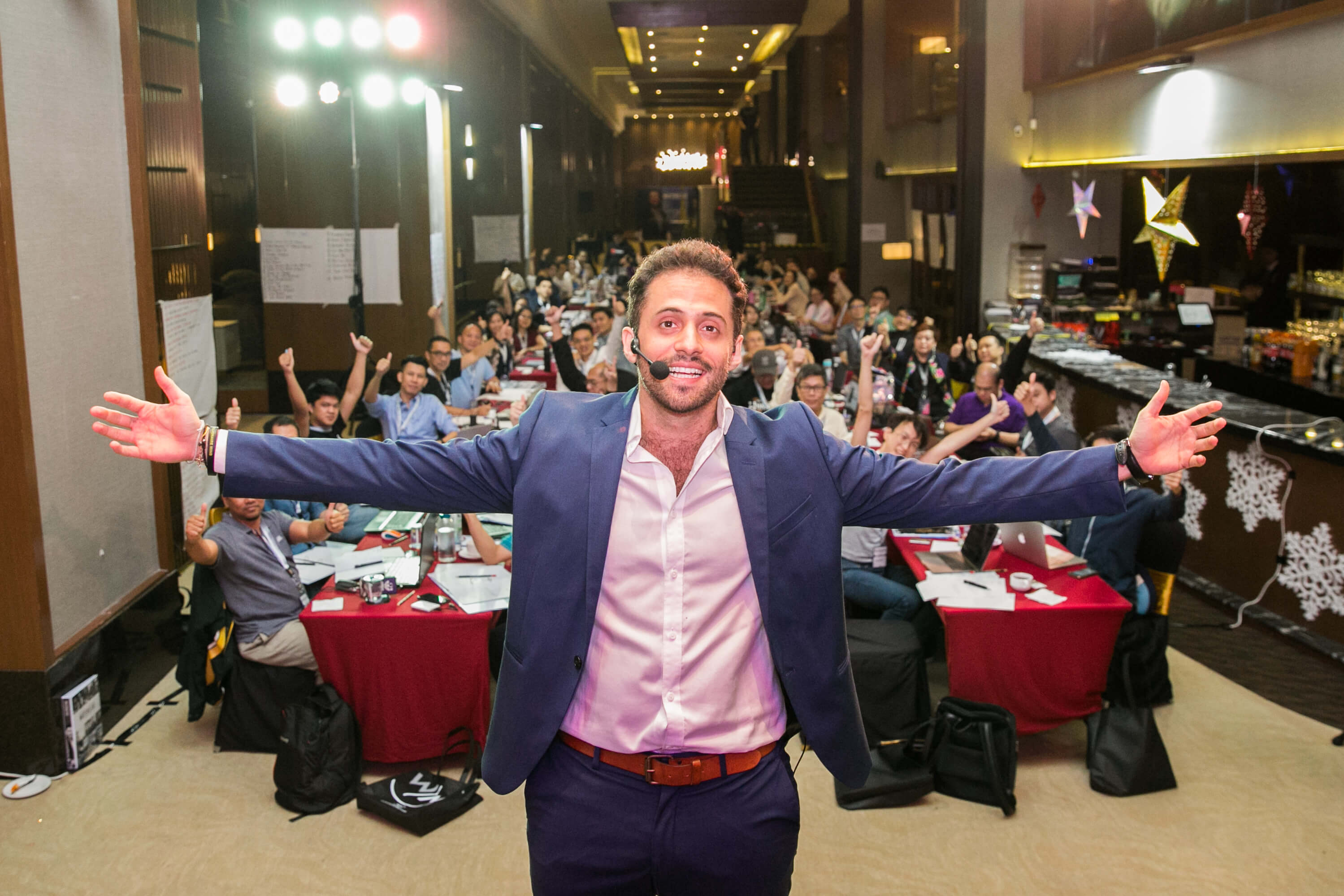You want to buy the best book of Pepe Mujica. But you have already read a lot about it and asked acquaintances and finally you still cannot decide.
We have all been through that when choosing a book, we understand you.
For this reason, in this section you will find a table with the best books and a brief summary of what we consider the 5 best books by Pepe Mujica
Table could not be displayed.Tabla de contenidos
Which is the best book of Pepe Mujica?
The list has no particular order because all the books on it are highly recommended by the writer. Due to this, they awaken in oneself a totally different vision of the World in which we live, and make us wonder from the depths, if we really pay attention to the most important things in life.
A black sheep to power
His life and becoming President, how he lived and practiced it, conflicts with formalities. Meeting personalities like Fidel Castro, Putin, Chávez or Christina Fernandez. All related by Pepe Mujica and an infinity of witnesses.
Dizzying pace from start to finish, which is the product of more than a hundred hours of personal and telephone conversations. All located between the president’s office and the middle of the field. The atmosphere is different from that of the White House or the Vatican, the Mujica farm or the little house, in which no gathering ended before dawn.
The Calm Revolution
The Quiet Revolution is a modern humanist portrait of the President of Uruguay, based on his planetary prestige, exploring the extraordinary life of the character, who has caused controversy in his country by receiving praise from all over the world.
Mauricio Rabuffetti makes a deep, dynamic and open analysis of a political leader who started his own historical era and became a symbol of global conquest. The secrets of popularity, the reasons for making some of the most famous decisions and the reasons for failure appear in a dazzling story that describes in detail the leaders of politics and people who admire the simple life.
Why is your information so powerful across national borders and what is your failure as a leader? How will the Uruguayan people remember this? Who is he, how was he forged, why would that person awaken the passion to see death, embrace madness and walk the difficult path of peace? How was the marijuana law made? How much did you really participate in the peace process in Colombia? Is Barack Obama really asking you to use your influence to ease the blockade on Cuba? Why did your relationship with Cristina Kirchner fail? What legacy will the most popular president on the planet leave behind?
Vote and See: A Conversation with Pepe Mujica
In the USA, 4/10 citizens entitled to vote do not participate in the presidential elections. Likewise, of the 6 that do, 3 vote against the president-elect. Ultimately, the president comes to the government because 3/10 citizens vote for him. In the legislative elections, the figures are even more alarming: 6/10 citizens DO NOT participate and, of the 4 that do, 2 vote against the chosen candidate.
In this case, the House of Representatives and a third of the Senate respond to the popular will of 2/10 citizens. This is why we went to look for Pepe Mujica, so that through his experience as an activist, revolutionary, political prisoner, legislator and president, he can help us see politics in a different way. He invites us to reflect on the power that the individual has when voting.
Words and feelings of Pepe Mujica: What is it that flutters in our heads?
Although Andrés Cencio appears as the author, Pepe Mujica is actually the author of this book himself. Why Mujica wants the compiler of his text to appear as an author, this is something that only he knows.
Pepe Mujica’s book is a compilation of his speeches delivered at different times and in different settings. In them, the values that you defend, what your concerns and your hopes are, are evident.
This book by Pepe Mujica is a compilation of texts that reflect his concerns. The best known is the environment (his concern to destroy nature), but there is more: economy (excessive accumulation of capital) or geopolitics (related to the possibility of war). In conclusion, his humanism is prominent in this book. But it also highlights a vision of the world that we do not understand among any other political leader.
Pepe Mújica: From tupamaro to president
José Mujica began his life as a political activist at the age of 14, and since then he has come a long and difficult road, always walking a path of dignity. In the enthusiastic and luminous interview that María Esther Gilio conducted in the house in Rincón del Cerro, we remember success and failure, her beliefs, honesty and passion for learning and work. When Pepe was Tupamaro, he defended the dreams of justice of many Uruguayan compatriots and knew the glory of being welcomed by the public. He also knew the painful and terrifying experience of thirteen years in prison.


Leave a Reply